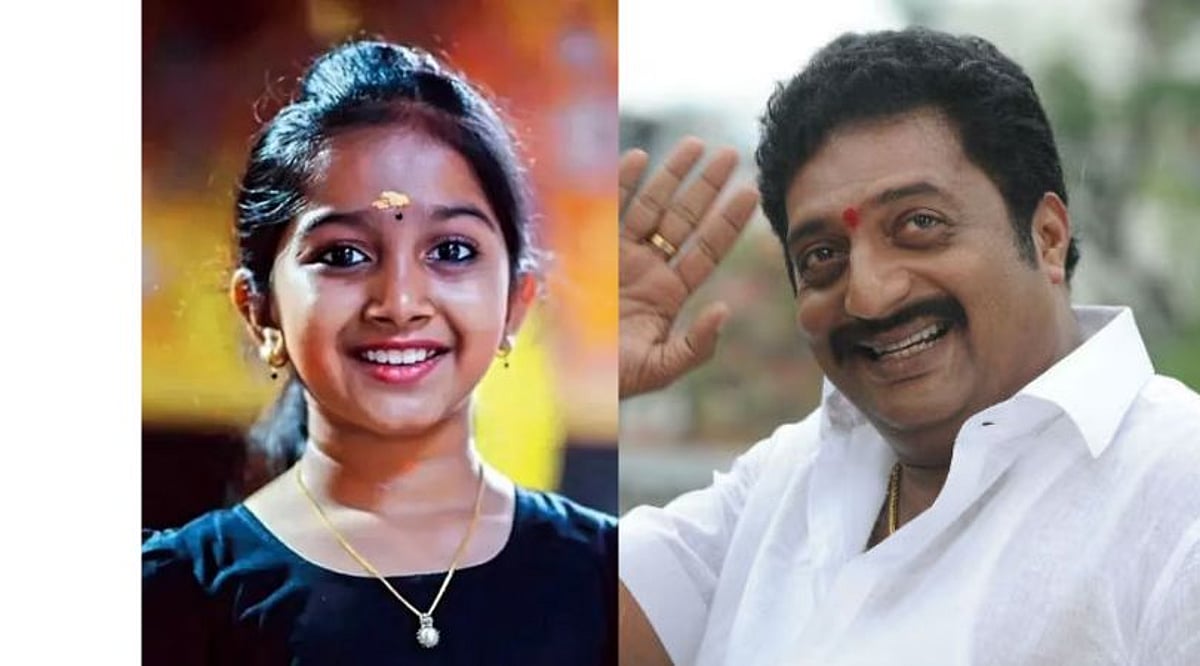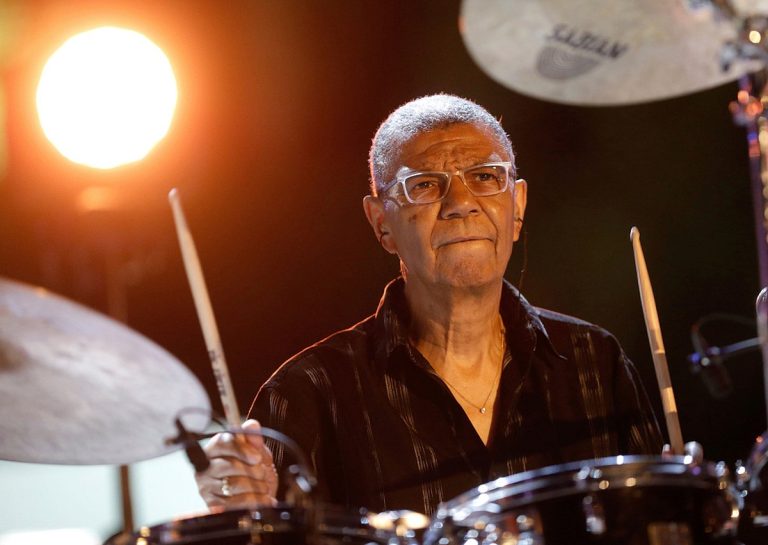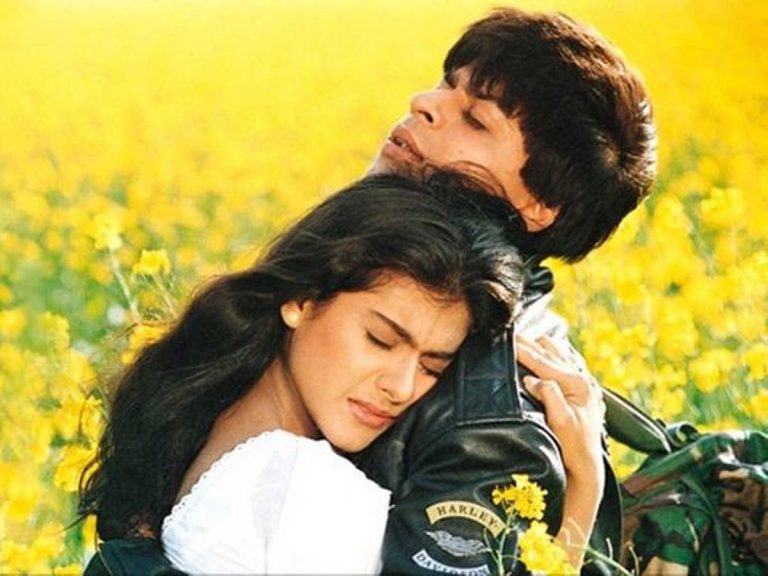Kerala Film Awards Decision Sparks Controversy in Industry
The recent announcement of the Kerala State Film Awards 2025 has sparked significant debate within the film community. The jury, led by renowned actor Prakash Raj, made the controversial decision not to award titles for Best Children’s Film and Best Child Artist, citing a perceived lack of quality submissions. This choice has drawn sharp criticism from prominent figures, including child star Devanandha Jibin, who has voiced her concerns about the jury’s stance.
Devanandha’s Response
Devanandha, celebrated for her performances in films such as *Malikappuram* and *Gu*, took to social media to express her discontent. In a post managed by her parents, she stated, “You can close your eyes to kids, but don’t say it’s all dark here.” Her comments highlight the importance of recognizing children’s contributions to cinema and the need for their voices to be heard. She pointed to several films, including *Sthanarthi Sreekuttan*, *Gu*, *Phoenix*, and *Ajayante Randam Moshanam (ARM)*, arguing that denying awards does not encourage the production of more children’s films. Devanandha emphasized that children’s rights should be protected alongside any reforms in the industry.
Industry Reactions
The decision has not only affected Devanandha but has also elicited responses from other industry professionals. Filmmaker Vinesh Viswanath, known for *Sthanarthi Sreekuttan*, expressed his frustration, questioning the jury’s criteria for evaluating children’s films. He noted that films like *Manu Uncle* (1988) and *Kaaka Muttai* (2014) received accolades despite similar circumstances, suggesting that the jury’s logic could lead to inconsistencies in award decisions across categories.
Actor Anand Manmadhan also chimed in, expressing disbelief at the jury’s assertion that no child artists delivered commendable performances last year. His comments reflect a broader sentiment within the industry that the contributions of young actors are being overlooked.
Jury’s Justification
In defense of the jury’s decision, Prakash Raj explained that they did not find any films that genuinely represented children’s cinema. He emphasized the need for filmmakers to understand children’s perspectives, stating, “Just by casting children, it won’t automatically become children’s cinema.” Raj’s comments underline the jury’s belief that quality storytelling is essential for children’s films, rather than merely featuring young actors.
FAQs
Why did the Kerala State Film Awards jury decide not to present awards for Best Children’s Film?
The jury, led by Prakash Raj, cited a lack of quality submissions as the reason for not awarding Best Children’s Film and Best Child Artist.
What was Devanandha’s reaction to the jury’s decision?
Devanandha criticized the jury on social media, arguing that children play a vital role in society and should not be overlooked in the film industry.
How have other industry professionals responded to the decision?
Filmmaker Vinesh Viswanath and actor Anand Manmadhan have expressed their frustration, questioning the jury’s criteria and highlighting past instances where children’s films received recognition.
Conclusion
The decision by the Kerala State Film Awards jury has ignited a significant conversation about the representation of children in cinema. As industry professionals and young actors voice their concerns, it remains to be seen how this controversy will influence future submissions and the recognition of children’s contributions to film. The dialogue initiated by this situation could lead to a reevaluation of how children’s cinema is perceived and awarded in the industry.
The controversy surrounding the Kerala State Film Awards reflects broader issues within the film industry regarding the representation of children and the criteria for evaluating their work. Many industry insiders argue that the absence of awards for children’s films may discourage filmmakers from creating content that resonates with younger audiences. This situation raises questions about the support systems in place for child actors and the importance of nurturing their talents in a competitive environment.
Furthermore, the debate highlights the need for a more inclusive approach to award evaluations, where diverse perspectives are considered. As the industry grapples with these challenges, it may prompt discussions about establishing clearer guidelines for what constitutes quality children’s cinema. The outcome of this controversy could potentially lead to reforms that better recognize and celebrate the contributions of young artists in the future.
Also Read:
Challenges of AI in Legal Work: Accuracy and Privacy Risks







